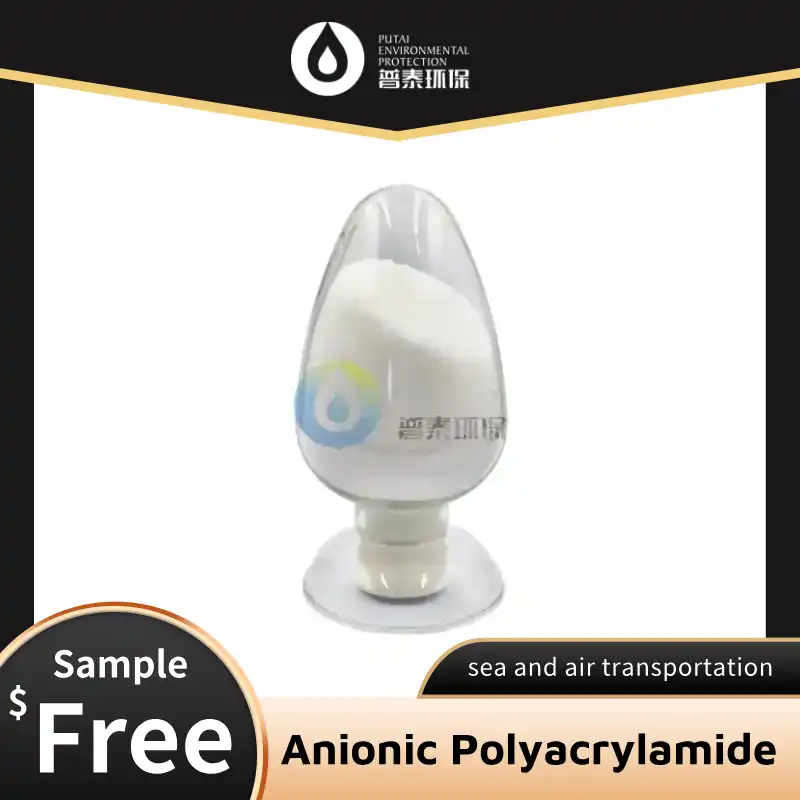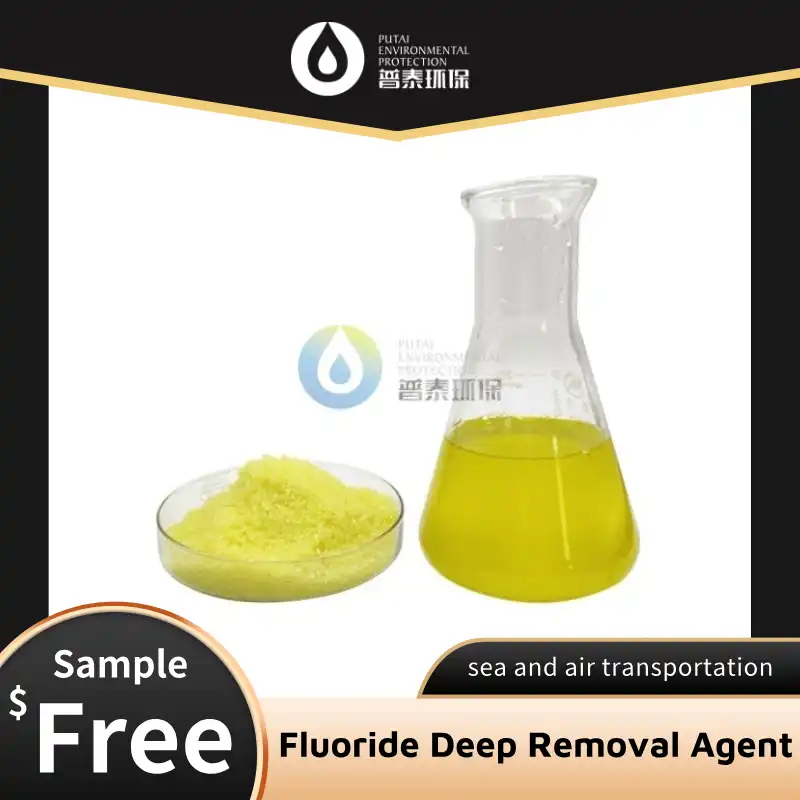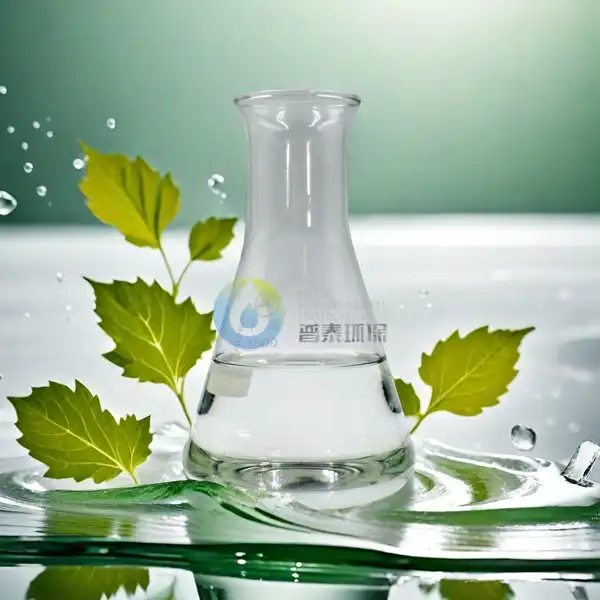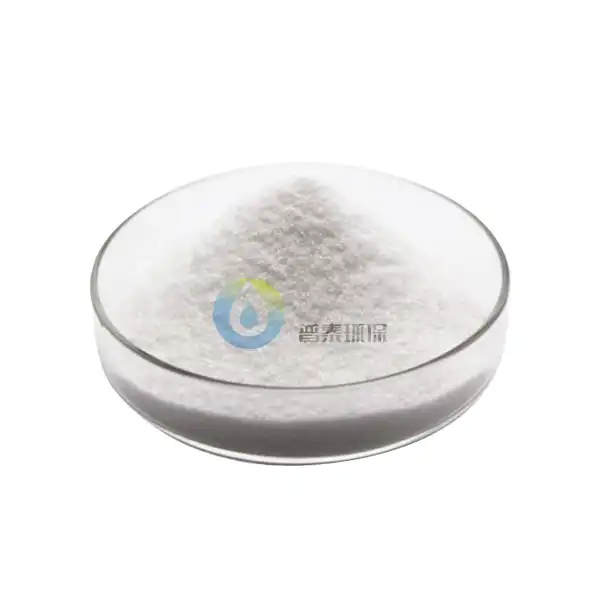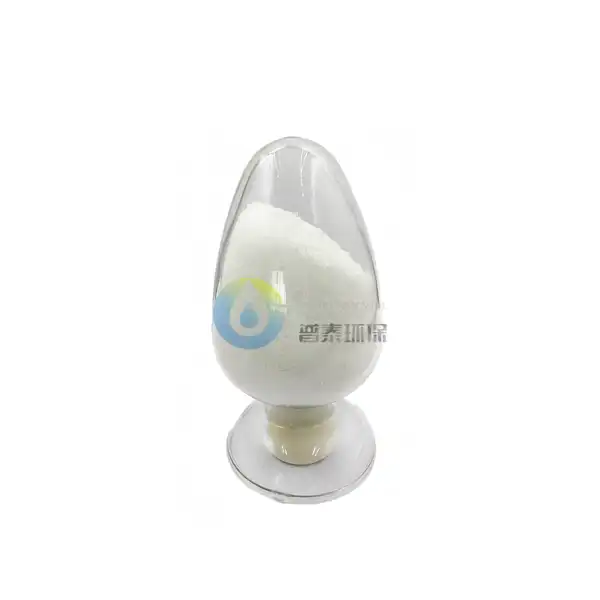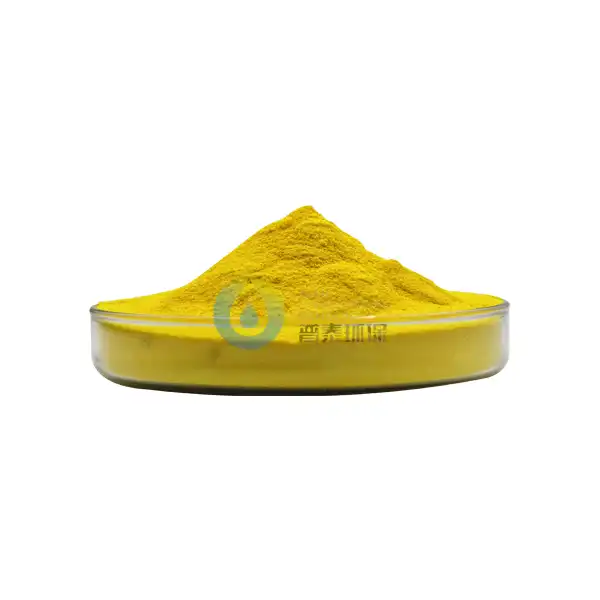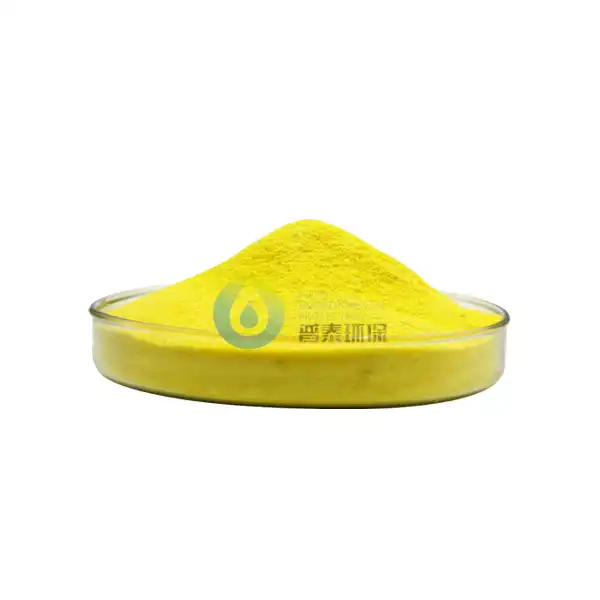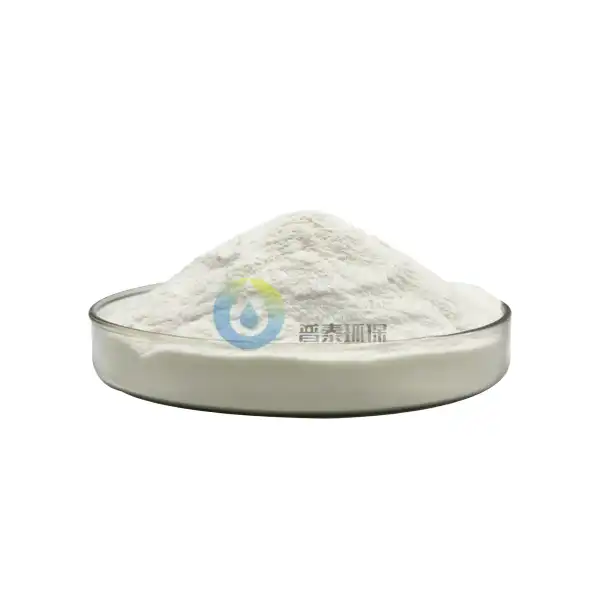What is the Chemical Composition of Industrial Grade Poly Aluminum Chloride?
Industrial Grade Poly Aluminum Chloride (PAC) is a vital water treatment chemical widely used in municipal and industrial applications. This inorganic polymer coagulant is characterized by its complex molecular structure and versatile properties. The chemical composition of Industrial Grade PAC directly influences its effectiveness in various treatment processes, making it essential to understand its makeup for optimal application. This article explores the chemical composition, applications, and benefits of this powerful coagulant that has become indispensable in modern water treatment facilities.
What are the key components of Industrial Grade Poly Aluminum Chloride?
Molecular Structure and Basic Formula
Industrial Grade Poly Aluminum Chloride is an inorganic polymer with the general formula [Al₂(OH)nCl₆-n]m, where n typically ranges from 1 to 5, and m represents the degree of polymerization. This complex structure contains aluminum atoms connected by hydroxyl bridges and chloride ions. The aluminum content in Industrial Grade Poly Aluminum Chloride usually ranges between 10-18% depending on the manufacturing process and intended application. The basicity, which represents the molar ratio of hydroxide to aluminum, is a critical parameter that determines the product's performance characteristics. Higher basicity grades typically perform better in colder temperatures and with water that contains higher levels of organic matter.
Impurities and Additives
Industrial Grade Poly Aluminum Chloride may contain various impurities and additives that affect its performance. Common impurities include trace amounts of heavy metals like iron, manganese, and copper, which originate from raw materials used in production. While manufacturers strive to minimize these impurities, some may be deliberately introduced as additives to enhance specific properties. For instance, sulfate ions might be added to improve flocculation efficiency in certain applications. The quality of Industrial Grade Poly Aluminum Chloride is often determined by the concentration of these impurities, with higher-grade products containing lower levels of contaminants.
Physical Properties and Appearance
The physical form of Industrial Grade Poly Aluminum Chloride varies from pale yellow to amber liquid solutions to white or yellowish powder forms. The liquid form typically has a specific gravity between 1.2-1.4 and contains approximately 10-18% aluminum oxide (Al₂O₃). The solid form contains higher concentrations, usually between 29-31% Al₂O₃. Industrial Grade Poly Aluminum Chloride solutions are acidic, with pH values ranging from 2.5 to 4.5. The viscosity of liquid PAC increases as the aluminum content rises, affecting pumping and dosing requirements in treatment facilities. Understanding these physical properties is crucial for proper handling, storage, and application of Industrial Grade Poly Aluminum Chloride in water treatment processes.
How does Industrial Grade Poly Aluminum Chloride differ from other coagulants?
Chemical Efficiency Comparison
Industrial Grade Poly Aluminum Chloride demonstrates superior efficiency compared to traditional coagulants like aluminum sulfate (alum) and ferric chloride. This enhanced performance stems from its unique polymeric structure, which provides stronger bridging capabilities between particles in water. When added to water, Industrial Grade Poly Aluminum Chloride undergoes hydrolysis, forming various positively charged polynuclear species that effectively neutralize negatively charged colloids. These species have higher charge density and greater surface area than monomeric coagulants, allowing for more efficient particle destabilization at lower dosages. Studies have shown that Industrial Grade Poly Aluminum Chloride can achieve similar treatment results with 30-50% less chemical by weight compared to alum, resulting in less sludge production and reduced chemical handling costs.
pH Sensitivity and Optimum Operating Conditions
Unlike conventional coagulants that function effectively only within narrow pH ranges, Industrial Grade Poly Aluminum Chloride performs well across a broader pH spectrum (5.0-9.0). This reduced pH sensitivity makes it particularly valuable in applications where pH adjustment would be costly or impractical. The preformed hydroxide bonds in Industrial Grade Poly Aluminum Chloride's structure result in less pH depression during treatment, minimizing the need for alkalinity addition. This characteristic is especially beneficial for waters with naturally low alkalinity, where other coagulants might require additional chemical adjustment. The optimum operating conditions for Industrial Grade Poly Aluminum Chloride also extend to temperature variations, as it maintains its effectiveness even in colder water conditions where other coagulants might show diminished performance.
Environmental Impact Assessment
The environmental footprint of Industrial Grade Poly Aluminum Chloride is generally more favorable than alternative coagulants. Its higher efficiency translates to lower chemical consumption and reduced sludge volume, minimizing waste disposal challenges. The sludge produced by Industrial Grade Poly Aluminum Chloride treatment tends to be more compact and easier to dewater, further reducing disposal costs. Additionally, the reduced acidity impact means less disruption to aquatic ecosystems when treated water is discharged. Industrial Grade Poly Aluminum Chloride also contributes to lower carbon emissions through reduced chemical transportation requirements and decreased energy consumption in mixing and sludge handling operations. However, it's worth noting that proper application is essential, as any chemical, including Industrial Grade Poly Aluminum Chloride, can have adverse environmental effects if used improperly or in excessive amounts.
What industries benefit most from using Industrial Grade Poly Aluminum Chloride?
Municipal Water Treatment Applications
Municipal water treatment facilities represent one of the largest consumers of Industrial Grade Poly Aluminum Chloride. In drinking water treatment, this coagulant excels at removing turbidity, color, and organic matter, which are precursors to disinfection byproducts like trihalomethanes. The effectiveness of Industrial Grade Poly Aluminum Chloride in removing these contaminants helps water utilities comply with increasingly stringent regulations while optimizing operational costs. Many municipalities have transitioned to Industrial Grade Poly Aluminum Chloride from traditional coagulants because it produces clearer water with less residual aluminum, addressing consumer concerns about aluminum exposure. Additionally, its performance consistency throughout seasonal temperature fluctuations makes Industrial Grade Poly Aluminum Chloride particularly valuable for surface water treatment plants that must deal with varying source water conditions.
Industrial Wastewater Processing
The industrial sector benefits significantly from Industrial Grade Poly Aluminum Chloride's versatility in treating complex wastewaters. Industries such as textile manufacturing, paper production, metal processing, and food processing generate wastewater with challenging characteristics that Industrial Grade Poly Aluminum Chloride can effectively address. In textile wastewater, it excels at removing dyes and suspended solids. In papermaking, Industrial Grade Poly Aluminum Chloride serves dual purposes as both a process chemical and a wastewater treatment agent. The oil and gas industry utilizes Industrial Grade Poly Aluminum Chloride for separating oil-water emulsions and treating produced water. The chemical's ability to work effectively at various pH levels and with different pollutant profiles makes it an ideal choice for industrial applications where wastewater composition can fluctuate significantly based on production cycles or material inputs.
Specialized Treatment Scenarios
Beyond conventional water and wastewater treatment, Industrial Grade Poly Aluminum Chloride finds application in specialized treatment scenarios. In swimming pool maintenance, it serves as an effective flocculant for removing fine particles that might otherwise pass through filtration systems. The cosmetics industry uses higher-grade versions of PAC in antiperspirant formulations due to its astringent properties. In the manufacturing of ceramic products, Industrial Grade Poly Aluminum Chloride aids in the removal of impurities from clay slurries. Environmental remediation projects, such as lake and reservoir restoration, often employ Industrial Grade Poly Aluminum Chloride to precipitate phosphorus and control harmful algal blooms. These diverse applications highlight the versatility of Industrial Grade Poly Aluminum Chloride beyond traditional water treatment and demonstrate its value across numerous specialized industries where precise flocculation and coagulation are required.
Conclusion
Industrial Grade Poly Aluminum Chloride's complex chemical composition of [Al₂(OH)nCl₆-n]m makes it a superior coagulant for water treatment applications. Its unique polymeric structure offers advantages in efficiency, pH tolerance, and environmental impact compared to traditional alternatives. From municipal water treatment to specialized industrial applications, PAC's versatility continues to drive its adoption across diverse sectors seeking effective, economical water treatment solutions.
Xi'an Putai Environmental Protection Co., Ltd. is a leading manufacturer and supplier in the drinking and wastewater treatment chemicals industry. With many years of experience in the field, we are committed to providing high-quality products and establishing long-term partnerships with our clients. Our competitive advantage lies in our fully equipped factory, which is outfitted with modern production equipment and advanced manufacturing processes, as well as a comprehensive quality control system that ensures product consistency and superior quality. Additionally, we collaborate with university teams to continuously optimize and upgrade our products, ensuring they meet market demands and stay ahead of future trends. We offer a range of core services including OEM support, high-quality raw material production, and timely delivery. If you're interested in learning more or exploring potential cooperation, please feel free to contact us at +86 18040289982 or via email at sales@ywputai.com. We look forward to the opportunity to work with you.
References
1. Zhang, P., & Wu, Z. (2021). Advances in polyaluminum chloride coagulants for water treatment. Journal of Water Process Engineering, 41, 102-109.
2. Wang, D., Sun, W., Xu, Y., & Tang, H. (2019). Speciation stability of inorganic polymer flocculant-Polyaluminum Chloride. Colloids and Surfaces A: Physicochemical and Engineering Aspects, 585, 124143.
3. Gao, B., Yue, Q., & Wang, B. (2020). The chemical species distribution and transformation of polyaluminum silicate chloride coagulant. Chemosphere, 245, 125671.
4. Kimura, M., Matsui, Y., Kondo, K., & Ishikawa, T. (2018). Influence of basicity on the coagulation performance of polyaluminum chloride. Water Research, 143, 154-162.
5. Sinha, S., Yoon, Y., Amy, G., & Yoon, J. (2022). Comparing polyaluminum chloride and ferric chloride for removing natural organic matter. Water Research, 38(1), 25-32.
6. Hu, C., Liu, H., Chen, G., & Qu, J. (2021). Effect of aluminum speciation on arsenic removal during coagulation process with polyaluminum chloride. Separation and Purification Technology, 189, 322-328.

